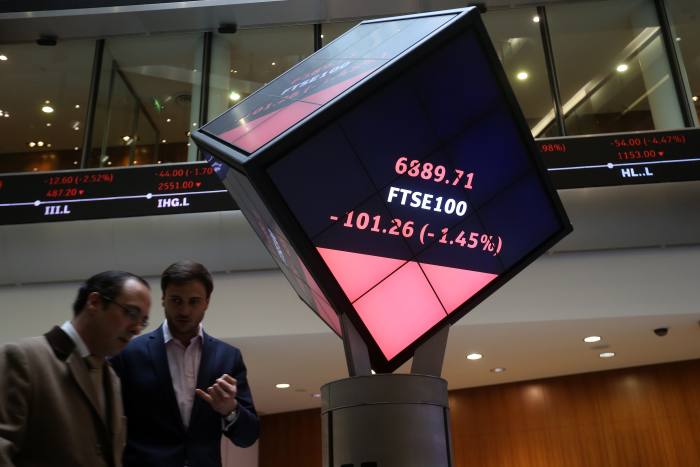
There are several reasons why high yield bonds could weather the storm of a recession better than many might expect, according to several bond fund managers.
Michael Della Vedova, manager of the T. Rowe Price Global High Income bond fund, acknowledged the threat coming from the current environment and hawkish monetary policy from major central banks in response to rising inflation.
But he said the looming recession, if indeed it does occur, would likely inflict less damage on the market than many fear.
Key US financial and housing markets are in much better shape than in previous recessions and banks recently passed stress tests with ease and have solid balance sheets, he said.
Housing debt as a percentage of income also tends to be much lower than in 2007-08 and labour markets are generally in good health.
Mark Benbow, high yield portfolio manager at Aegon Asset Management, agreed there should be fewer defaults in the next downturn than in previous recessions, though admitted numbers would go up.
He said: “Although high yield company fundamentals are in a relatively healthy position, we expect the default rate to modestly increase in 2022 as a result of idiosyncratic factors."
But he added: While defaults are trending upward, it is important to remember that defaults are starting from historically low levels that are not sustainable throughout a cycle.
“As a result, while defaults are starting to increase, we expect the solid fundamental backdrop to help keep defaults below 2 per cent in 2022 and below historical averages throughout 2023."
Similarly, Ahmer Tirmizi, investment manager at 7IM, said the firm's outlook on defaults was that they should remain benign.
"Even if the outcome is not benign, it can still work out ok," he added.
Looking at US equities vs US high yield during the financial crisis, and in particular the 5-year performance from the equity market peak (Oct-2007 to Oct-2012), he said at their worst US equities lost 55 per cent while high yield returns were down 33 per cent.
"However, by the end of the 5-year period, US high yield had recovered so strongly that it was up 57.9 per cent while equities had only returned 0 per cent.
"This is not to say that this will exactly play out again, but to reinforce that even in the worst economic shock we’ve seen since the great depression, HY managed to deliver positive total returns if you just held on."
According to the managers there are broadly three reasons why high yield might be able to withstand a looming recession:
1 It will not be driven by credit
Apart from the pandemic‑induced recession in 2020, most other recent recessions have been credit‑driven, said Della Vedova.
The 2008 global financial crisis and 2001 dotcom bust were caused by the build-up of debt in the US housing sector and internet infrastructure, respectively, whereas this time round inflation is the main cause.
"If the current downturn becomes a recession, inflation will be the main cause. Inflation‑driven recessions are rare – with the last one occurring in 1982-83, said Della Vedova.





